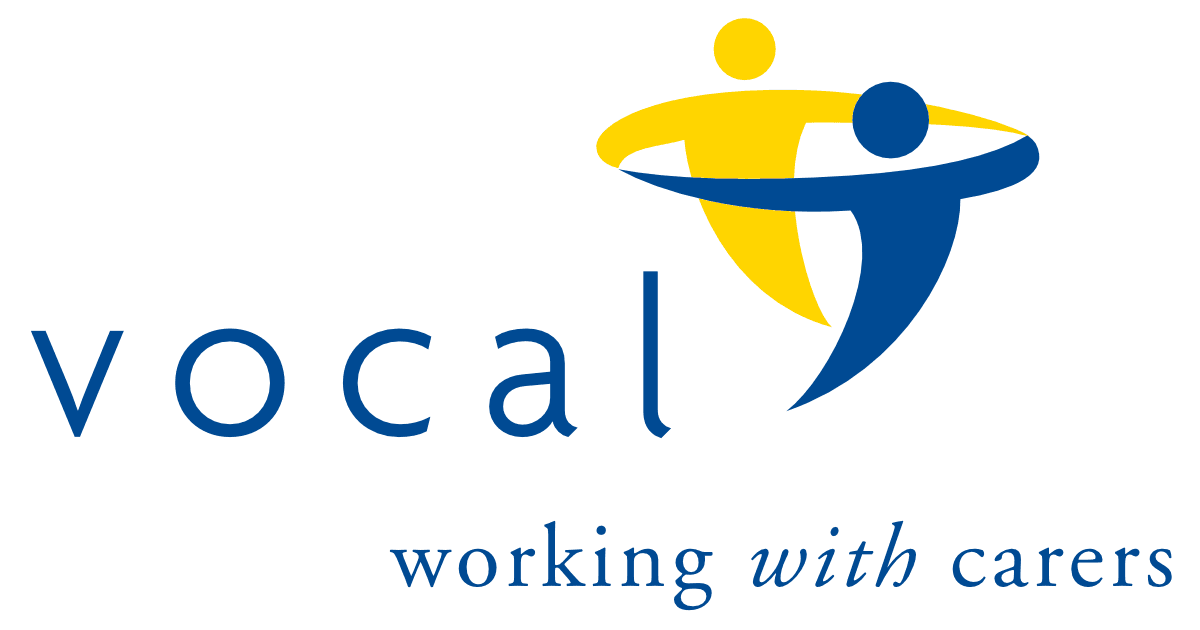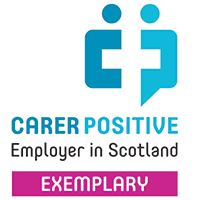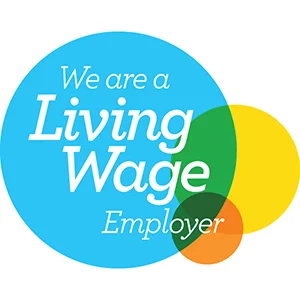In the spirit of all being in this together, two senior figures from VOCAL share their personal experiences of the impact the COVID-19 Pandemic is having on caring, and some of the wider implications and changes we’re all facing.
[well size=”sm”]

Ruth Hendery is a VOCAL Board member. Like a growing number of carers she cares for more than one person in her family
Ruth: Caring from a distance
I’ve taken contact for granted over the years as my parents, like me, live in Edinburgh. They’re across the city but that’s never more than forty minutes drive. Popping over with shopping, for lunch, to sort the bills, or water their plants and fill their garden tubs, has never been difficult. Latterly, they’d even stay awake most of the time I was there!
Now, all that’s changed.
Their care staff have asked us not to visit as it compromises their isolation, and given their undoubted vulnerability, that’s critical. But so difficult. My Mum at ninety seven simply doesn’t get that if we’re there we can’t come into the house and give her a hug.
We tried for her birthday to do that weird social distancing thing from the garden but despite being wrapped up they both quickly chilled just having the door open. And the candles blew out. So now we are relying on more frequent phone calls. Just ordinary calls as they neither have the technology nor the eyesight to manage Skype or Zoom. My dad answers with growing confidence, as my Mum is often asleep, but I’ve discovered that both of them are in good form in the evening. I’m hearing more of the way they used to joke between themselves and the fondness that still flourishes between them after sixty odd years.
So even if the shopping is online and the plants are quietly dying, I am still connecting with them both, and hoping this won’t last too long, or at least that warmer weather is on its way.
As for my youngest son who is 27 years old, he lives an hour and a half away, and is similarly shielded from the outside world, including his family. He’s autistic and has learning disabilities but is full of life and very affectionate. Well, we have the technology. Yes, we’ve tried Skyping him but being non-verbal we had to read the body language to work out what he thought of our efforts. Not a lot really. Fingers in ears and head down. We are not Disney cartoons so he was clearly disappointed. But he heard our voices and smiled – and then tried to get onto YouTube. It was enough. He’s in good hands. But I am so looking forward to having one of his monstrous head-hugs, when normal contacts can be resumed.
[/well]
[well size=”sm”]
Laura: Time to talk
As I write this, I sit with a deep pain in my heart knowing that I need to talk, talk to my 70 year old Dad who is currently shielding due to a health condition. My family needs to open up and consider that we may not be able to care for him as normal or, a position I hope does not come, say goodbye as we had planned, but I know it’s the right thing to do.
I am under no illusion that not everyone will feel comfortable doing this, but now more than ever, it is so important that we talk, talk to our families and friends, but also talk to the services that are still here to support you. Local carer support services across the country are still open and supporting carers to talk through their worries and anxieties but also give support to consider things such as anticipatory care, emergency and future planning.
When a loved one receives a diagnosis of a condition which will impact their health, it is not only the trigger for many caring roles to start, it is often the point at which we start to think about life expectancy and how long we may have left with the ones we love.
COVID-19 has silently and rapidly crept into all of our lives and in some situations, it has cruelly narrowed down the time we have with those we love and for many, caused heart-breaking end of life situations for families and carers across the country.
For many weeks now, restrictions have been in place preventing loved ones from visiting a sick relative or to be by their bedside in the event of their death. Then in a distressing addition to this, families are unable to say goodbye as they would have hoped and carry out final wishes due to further restrictions on funeral arrangements.
Members of my own family work within funeral services and I know how difficult it has been for them to see families anguished by funeral restrictions, but I also know how hard they are working to try and make funerals as personal as they can still be.
For many carers, the past few weeks has meant a rapid and unexpected change to a role which has mostly likely been the central point of their lives for many years. COVID-19 has forced families into making tough decisions to separate and live in ways we are not used to. There is no denying these are unprecedented and difficult times, but they are also times which have seen us coming together and supporting each other and most importantly, talking to each other even when it’s not easy.
Wishing you all the very best and stay safe.
[/well]












